
The information on this website is not intended to replace a one-on-one relationship with a qualified health care professional and is not intended as medical advice. Read our full medical disclaimer.
At times we are compensated for the links you click at no cost to you. Learn more about why you should trust our reviews and view our disclosure page.
Natural, over-the-counter, plant supplements as a sleep aid sound like a healthy way out of sleeplessness. Ashwagandha (Withania somnifera) is one of the most powerful sleep-inducing herbs, but how much can you take? How much is safe and what does the science say? We’ve looked into numerous studies in pursuit of a safe but effective dosage range. Read on to learn this information and much more about ashwagandha.
How Much Ashwagandha to Take for Sleep
Ashwagandha dosage for sleep – 120 mg, 250 mg, or 600 mg?
Ashwagandha root extract has been shown to improve sleep quality in a variety of doses ranging from 120 to 600 mg daily for several weeks. It’s usually broken into two doses – one in the morning and one in the evening. We use a specially formulated version of Ashwagandha in our Sleepline Sleep Gummies (Daily Z’s).
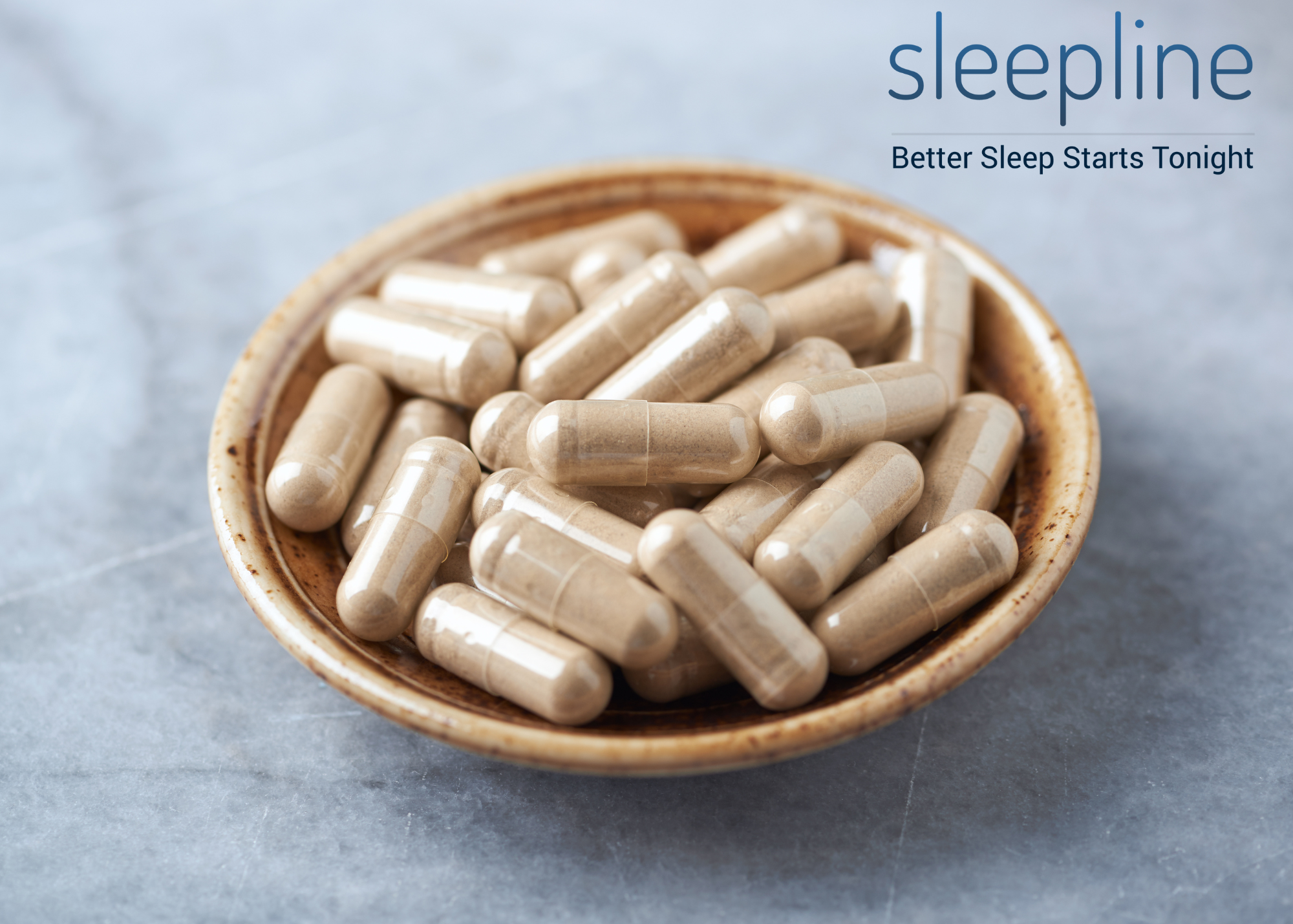
Turns out, all doses improve sleep. The smaller ones are enough for those who can sleep through the night but don’t have good quality sleep, and the bigger ones can help people with insomnia. The Ashwagandha KSM-66 supplement is the most tested type of ashwagandha preparation and is considered the highest quality.
So far, ashwagandha root extract has not been recommended for consumption for longer than two to three months.
In any case, you should talk to a qualified health specialist about whether ashwagandha is the right thing for you and in what doses.
How to take ashwagandha
Ashwagandha can be taken in the morning or in the evening, although the timing is not really important.
Large doses can cause upset stomach, diarrhea, nausea, and even vomiting; which is why some people, especially those with a sensitive stomach, might decide to take it with food rather than on an empty stomach and broken into two parts rather than all at the same time. For most healthy adults though, this supplement shouldn’t cause any problems.
Clinical research
There actually isn’t a consensus on the right dosage of ashwagandha for sleep. Studies are being published, but scientists need a lot of research, time, and evidence to come up with a safe dosage that they can stand behind.
Since it’s still too early for any definitive conclusions, we can only look at individual studies and try to figure out how much it would be safe to take. We still have no evidence of how any of the dosages affect people in the long run.
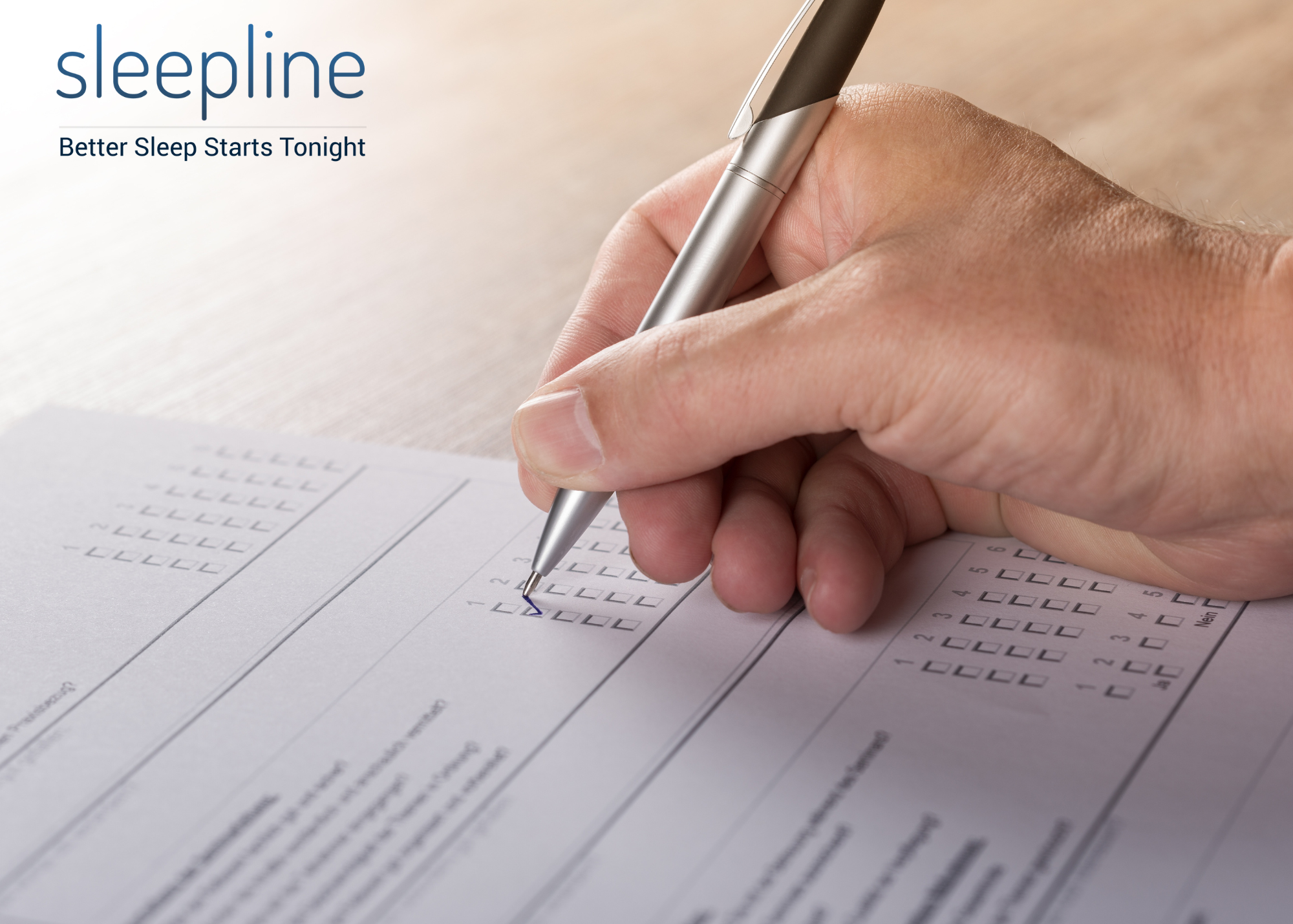
An interesting 2020 randomized, double-blind, placebo-controlled clinical study was done on people suffering from non-restorative sleep. After taking only 125 mg once a day for six weeks, their sleep was much better – 72% better, according to the self-reported sleep quality of subjects. There was also an improvement in the quality of life scores, which includes physical and mental health. This is not surprising because when you’re well-rested, you feel better, work better, and have a more positive outlook on life.
A 2019 randomized, double-blind, placebo-controlled study looked at the adaptogenic and anxiolytic effects of ashwagandha root extract (that is, how much it helps the body adapt to stress and reduce anxiety). The participants of the study were healthy volunteers and they took 250 mg, 600 mg (that is 125 mg twice daily or 300 mg twice daily), or a placebo pill. During the course of eight weeks, they measured anxiety levels, the stress hormone – cortisol, and sleep quality. They found that both groups that took ashwagandha had a significant reduction in anxiety scores, cortisol levels, and even in sleep quality as compared to the placebo group.
There was another 2019 double-blind, randomized, placebo-controlled study that focused on sleep in more detail – as a potential insomnia treatment. It also showed improvements in people who took 300 mg pills of the full-spectrum Ashwagandha root extract twice a day. In 10 weeks, the following aspects improved:
- sleep onset latency
- sleep duration
- sleep efficiency
- wake after sleep onset
- total time in bed
- mental alertness on rising
- sleep quality
- Pittsburgh Sleep Quality Index
What Ashwagandha Is
According to Merriam Webster, Ashwagandha (also known as Withania somnifera, Indian Ginseng and Winter Cherry) is:
a preparation usually of the leaves or roots of an evergreen shrub (Withania somnifera) native to Africa, Asia, and southern Europe that is used in herbal medicine especially as a tonic, anti-inflammatory, and adaptogen
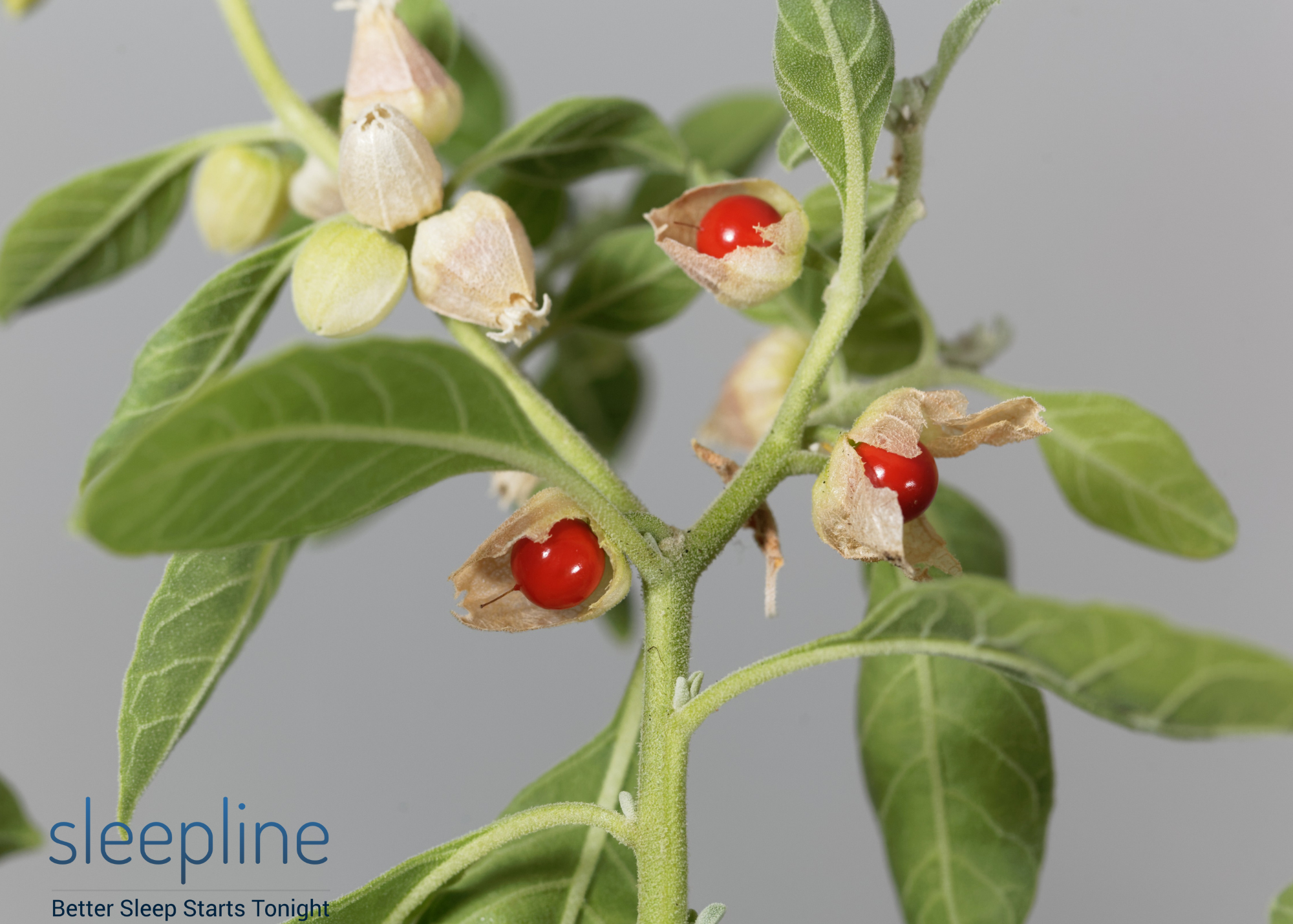
Ashwagandha extract (both root extract and leaf extract) have sleep-inducing properties. It is likely to help a person fall asleep, stay asleep, and have a better sleep quality. Studies show notable results in how much Ashwagandha helps insomnia patients and it also seems to help improve the sleep quality of those who don’t have any serious problems, albeit to a lesser extent.
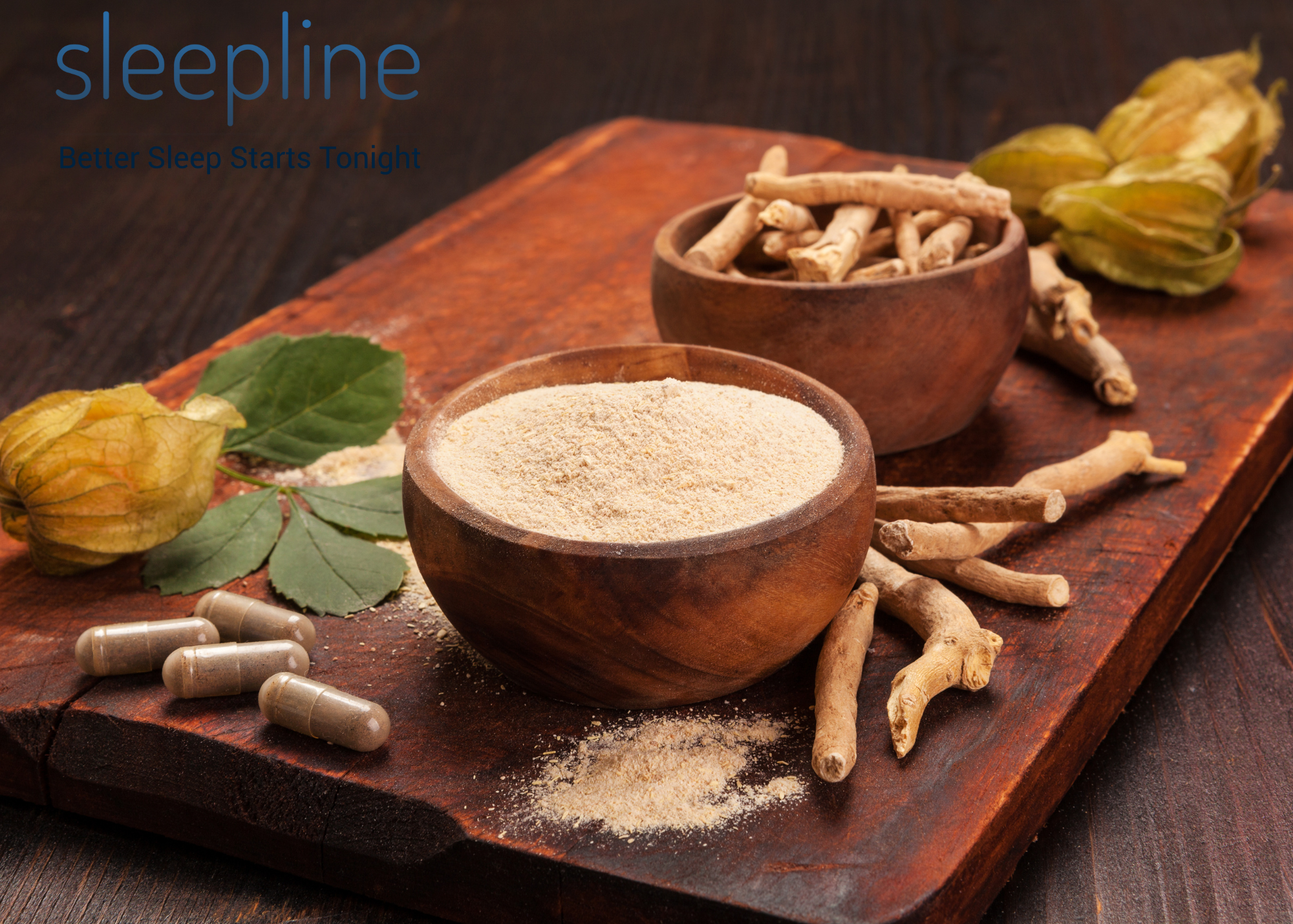
When Can You See The Effects of Ashwagandha?
Ashwagandha isn’t one of the typical sleep aids where you take a pill or oil and it causes drowsiness within an hour. This is a herb that takes time to actually start working; if you have ever taken Ginkgo Biloba for circulation or cognitive function, you’ll know what we’re talking about.
If you haven’t – arm yourself with patience because it takes several days to several weeks for it to show results. It might even be as long as 10 weeks or so.
Ashwagandha Benefits and Side Effects
Before we go into straightforward benefits and side effects, we need to mention some general ashwagandha effects that might be beneficial for some and harmful to others:
- Ashwagandha may increase the function of the thyroid gland – this can be helpful for people who are suffering from hypothyroidism, but dangerous or even lethal for anyone with hyperthyroidism.
- Ashwagandha can decrease blood pressure. Again, this effect can be beneficial for people with hypertension (high blood pressure). However, those who are already taking drugs to lower their blood pressure should not risk taking ashwagandha and lowering it even more.
- Ashwagandha might decrease blood sugar. This is great if you have high blood sugar, but if it’s already low, avoid ashwagandha.
Ashwagandha benefits
- Ashwagandha might help alleviate sleep disorders.
- Ashwagandha can improve sleep quality and sleep latency (the time it takes to fall asleep) in healthy people.
- It is quite effective in decreasing anxiety.
- Ashwagandha helps with reducing stress by lowering the stress hormone.
- It might reduce inflammation.
- It’s likely to improve male fertility by regulating reproductive hormone levels.
- It might also help increase muscle mass and strength.
Ashwagandha side effects
- nasal congestion
- cough
- decreased appetite
- sleepiness
- can irritate the stomach if taken in large doses. This can lead to vomiting or diarrhea
- on the other hand, some people had constipation
- some compounds in ashwagandha may cause miscarriages
Who Should Take Ashwagandha
You can consume ashwagandha extract as a supplement if you:
- have trouble falling or staying asleep
- don’t feel rested even though you slept a sufficient amount of time
- are under overwhelming stress
- have too much anxiety
- are not pregnant or breastfeeding
- don’t have thyroid disorders or autoimmune diseases
- aren’t on medications and are not about to have surgery soon
Please bear in mind that Withania somnifera root extract (ashwagandha root extract) isn’t a magic wand that will solve all your stress-related and sleep-related problems. It is just an aid, a means of relaxation that should be used together with other healthy sleep practices.
Who Should Avoid Ashwagandha
Ashwagandha can interact with some medications/health conditions, but it can also be dangerous for pregnant or nursing women. Here’s who should stay away from extracts of this plant:
- Pregnant women and breastfeeding women. Ashwagandha is likely to cause miscarriages and could be unsafe for breastfeeding.
- People with auto-immune diseases, like multiple sclerosis, systemic lupus erythematosus, rheumatoid arthritis, etc. because ashwagandha can cause the immune system to be more active.
- People who are about to have surgery or have just had it. Medications given during and after surgery might slow down the central nervous system and ashwagandha may increase the function of those drugs.
- People with thyroid disorders. Thyroid conditions might worsen because of ashwagandha because it might increase thyroid hormone levels. People who already take thyroid hormone medications should also avoid ashwagandha.
Also, people who take any of the following medications should avoid ashwagandha because it interacts with them and may produce dangerous consequences.
- Immunosuppressants (medications that decrease the immune system)
- Sedatives (benzodiazepines, CNS depressants)
- Antidiabetes drugs
- High blood pressure medications
- Thyroid hormone pills
Please ask your doctor for professional medical advice with regard to your specific situation and whether or not Withania somnifera root extract is the right thing for you.
Be Careful about Ashwagandha
Like any other supplement, ashwagandha is only loosely regulated by the FDA. With lots of products available in stores and online, shoppers need to be careful what they choose because an impure product can do more harm than help.
About Ayurvedic Medicine
Ashwagandha has typically been used in Ayurveda (meaning “life knowledge”), a Hindu system of alternative medicine that is based on the belief that people get ill because of an imbalance in the body. Ayurveda is a traditional medicine that has been used for a long time. There are many Ayurvedic herb preparations and Ayurvedic herbs with a wide variety of uses. Some of them are known to be healthy, and others, such as ashwagandha, are currently being researched by scientists. Interestingly (or scarily) enough, there were also some preparations that were found to contain dangerous chemicals (lead, mercury, or arsenic).
Ayurveda is considered a pseudo-science by many, including an Indian anti-superstition organization called Maharashtra Andhashraddha Nirmoolan Samiti. However, regular people who are into herbs don’t look at the connection between ashwagandha and Ayurveda but rather focus on the plant’s stress-relieving and sleep-inducing properties. Ashwagandha preparations have been gaining some popularity in the US in the past couple of years. As people keep searching for natural and herbal alternatives to sleeping pills, promises of solutions keep popping up from all over the world, and this seems to be one of them.
How to Get Better Sleep Without Sleep Aids
Better sleep comes with proper sleep hygiene; that is, if you’re able to adhere to the following practices proposed by medical professionals, you’re likely to have good, restorative sleep:
- Go to bed and wake up every day at the same time.
- Allow yourself enough time – count in how much sleep you need to feel good and the time it normally takes you to fall asleep.
- Create a pleasant sleeping environment – a good mattress, breathable sheets, complete darkness, quietness, low temperature, and fresh air.
- Don’t consume coffee or caffeinated drinks after 2 pm and avoid strong food in the evening.
- Organize a calming evening routine – no late phone calls or screens, just a warm shower, a calming tea, and dimmed lights; or whatever helps you unwind.
- Enjoy lots of sunlight during the day and avoid strong LED lights in the evening.
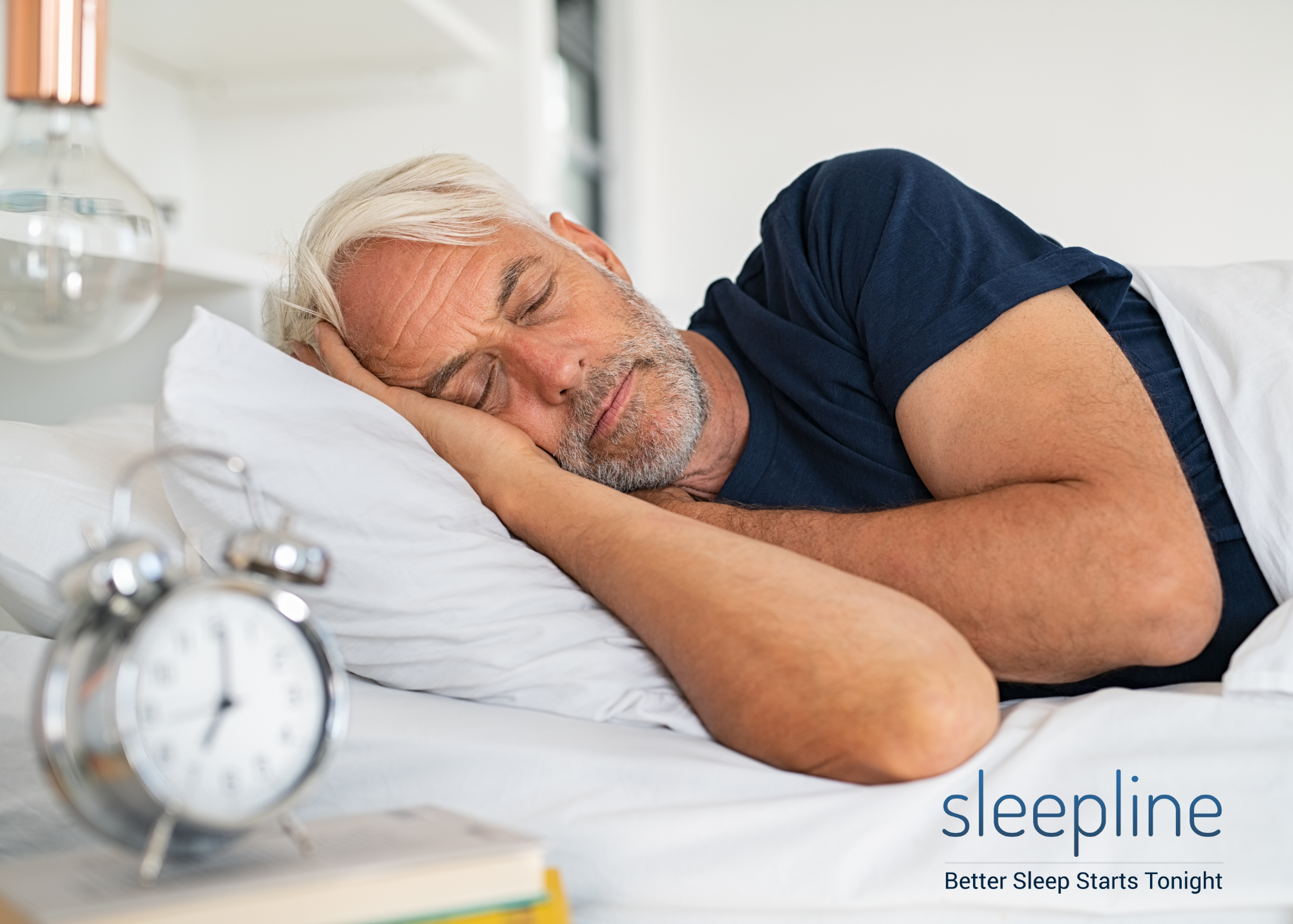
When people suffer from serious illnesses, pain, or a sleep or anxiety disorder, these pieces of advice may not be enough and other sleep aids may be necessary. With sleeping pills becoming notorious, most people today seek natural aids, and more professionals recommend Cognitive Behavioral Therapy for Insomnia (CBT-I). However, it’s best to consult a doctor and ask what’s the right choice for you.
FAQs
Ashwagandha falls into the group of the most promising herbal remedies for sleep. Together with valerian and passionflower, it’s one of the most powerful plants, according to a 2021 study comparing herbs used for sleep induction.
It’s generally considered safe, but there are many uncertain things about ashwagandha. It’s only been researched in the past few years and scientists don’t even know what all the active components of the herb are. We still don’t know the exact dosage or the best way of preparation, not to mention all the unregulated brands out there that might be selling impure products. Therefore, we can’t recommend using this supplement completely carefreely.
The general recommendation is to not use it longer than three months because the effects of long-term use are unknown.
Ideally not, unless your pediatrician/health care provider specifically prescribes something. Unfortunately, too many parents rely on quick internet searches before making decisions about their kids’ health. This is how hundreds of US children were rushed to hospitals for CBD or melatonin poisoning in the past couple of years. Ashwagandha is the latest popular sleep aid in the US, so nobody reported any drastic numbers yet, but based on how CBD and melatonin worked out for the kids, we can see where this is going. All these supplements are still being tested and nobody knows the long-term consequences for adults, let alone developmental or other consequences they might have on children.
Conclusion
Ashwagandha root extract is one of the most promising sleep-inducing herbs. It also helps alleviate anxiety and stress, but there has to be more research in order for medical experts to be able to recommend specific dosages. So far, we know that side effects are quite minimal in healthy adults, but nobody knows the long-term effects of this supplement.
Next: Try Daily Z’s sleep gummies. Daily Z’s is Sleepline’s own proprietary formulation that includes a powerful combination of sleep aids, including ashwagandha. If you’ve tried everything else without success, it’s time to try Daily Z’s and finally get the sleep you need.
- Where to buy Saatva mattress (online and offline) - April 26, 2025
- Latex vs memory foam mattress (which is better?) - March 12, 2025
- Bed in a box vs traditional mattress (which is better?) - February 17, 2025
Psst… the sleep review industry is full of liars, sharks, and thieves. It’s a modern-day version of getting ripped off at your local mattress store. So, why should you trust us?

